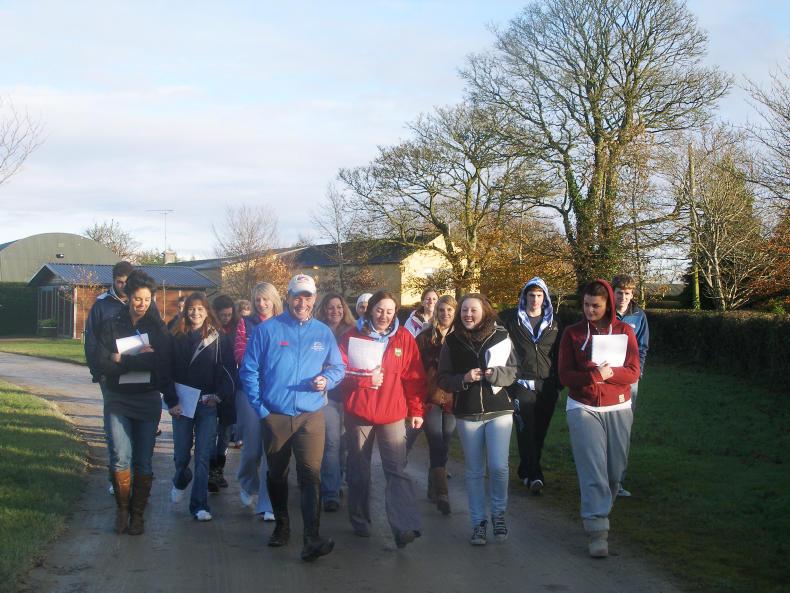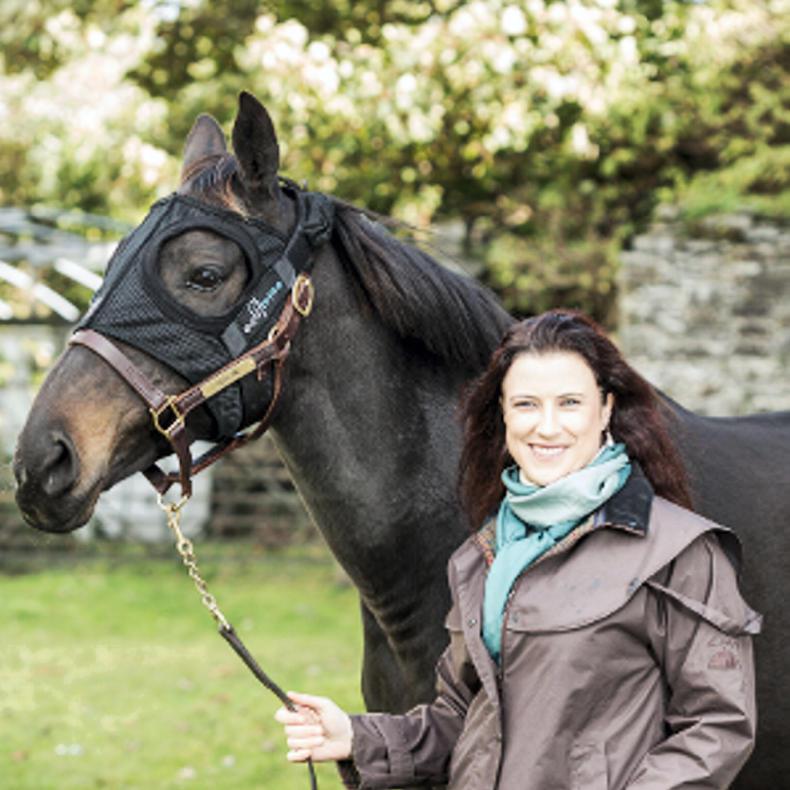UNIVERSITY College Dublin offers students interested in an equestrian-based career an opportunity to experience college in Dublin and gain a degree in Agricultural Science with a grounding in equine science. In comparison to other equine Level 8 courses on offer in Ireland, the Animal Science – Equine degree at UCD is a more science-based degree.
The Animal Science – Equine degree is run in the School of Agriculture, Food Science and Human Nutrition which means there are a number of additional features students can avail of during their time at UCD. One such attraction is the option for students to study abroad as part of the UCD Student Exchange Programme.
The course only takes in 20 students every year, which does make it more competitive to gain a place, but it also means the student to lecturer ratio remains low and students gain more individual attention, especially in third and fourth year. Last year, 451 CAO points were required to get into the course.
COURSE STRUCTURE
This full-time undergraduate degree and is run over four years. It focuses on the applied sciences that underpin animal veterinary biosciences, with emphasis on the horse. The degree combines scientific knowledge and understanding with professional skills required in the industry.
 Course coordinator Dr Barbara Anne Murphy explained how the course is run and the areas covered: “Students do limited equine modules for the first two years, where it is much more focused on broader agricultural topics. It is third and fourth year that they study more specialised equine science modules.
Course coordinator Dr Barbara Anne Murphy explained how the course is run and the areas covered: “Students do limited equine modules for the first two years, where it is much more focused on broader agricultural topics. It is third and fourth year that they study more specialised equine science modules.
“We particularly specialise in exercise physiology, reproduction and genetics and benefit from the input from lecturers in UCD’s Veterinary School. The genetics component taught by Dr Emmeline Hill means students get to learn the most cutting edge equine genetics research.
“My specialist knowledge areas are reproduction and chronobiology, particularly how lighting influences breeding and performance. There is also an emphasis on equine nutrition, health and welfare with valuable guest lectures provided by leading Irish feed companies and the Irish Equine Centre,” she added.
As is the case with many of the equine-based courses, there is a practical element to the Animal Science Equine degree at UCD. Students are required to complete five months of work placement.
Murphy puts great care and attention into making sure every student gets the most suitable work placement. She generally uses the placement as an opportunity to get students to expand knowledge and step out of their comfort zone.
For instance, she would recommend students who have experience in the sport horse side to do their placement in the thoroughbred industry and vice versa.
Murphy studied Equine Science at the University of Limerick and went on to do a PhD in Veterinary Science at the Gluck Equine Research Centre, University of Kentucky.
She has since developed Equilume as a spin-out company from UCD. This ground-breaking blue light mask and now the full range of products are influencing both breeding and performance in the global equine industry.
Both Murphy and Hill have first-hand experiences of starting an equine business which adds another dimension to the course. Murphy explained: “Both Emmeline and I have been involved in starting up equine businesses, that entrepreneurial aspect can teach students that you don’t have to have a business background, as long as you have a good idea and you do some good science.
“So the students get to be part of the actual process. If I have research experiments that need some extra hands to help me with horses, they get a first-hand feel for what it’s like to run experiments and the impact of the results, so that’s great. It helps me and lets them see what opportunities are out there for research.”
CAREER OPTIONS
Murphy explained that the course is a great first step and can lead to a wide range of career options. “I tell a lot of students if they’re undecided or they come from farming backgrounds that they’re not limited by just having only an equine route for a career afterwards.
“It would be great but there are only so many good equine jobs and you can always get into it at a later stage. Most of my students graduate with the same options open to them as animal science students, but if they have equine, they have a very good grounding in equine science and can ultimately compete for the best careers in the industry.”
The career options are endless with past graduates now working as stud farm managers, marketing managers, equine geneticists, business managers, equine scientists and much more. Further higher level education is also an option with different Masters and PhD options available.




 This is a subscriber-only article
This is a subscriber-only article
 It looks like you're browsing in private mode
It looks like you're browsing in private mode






SHARING OPTIONS: